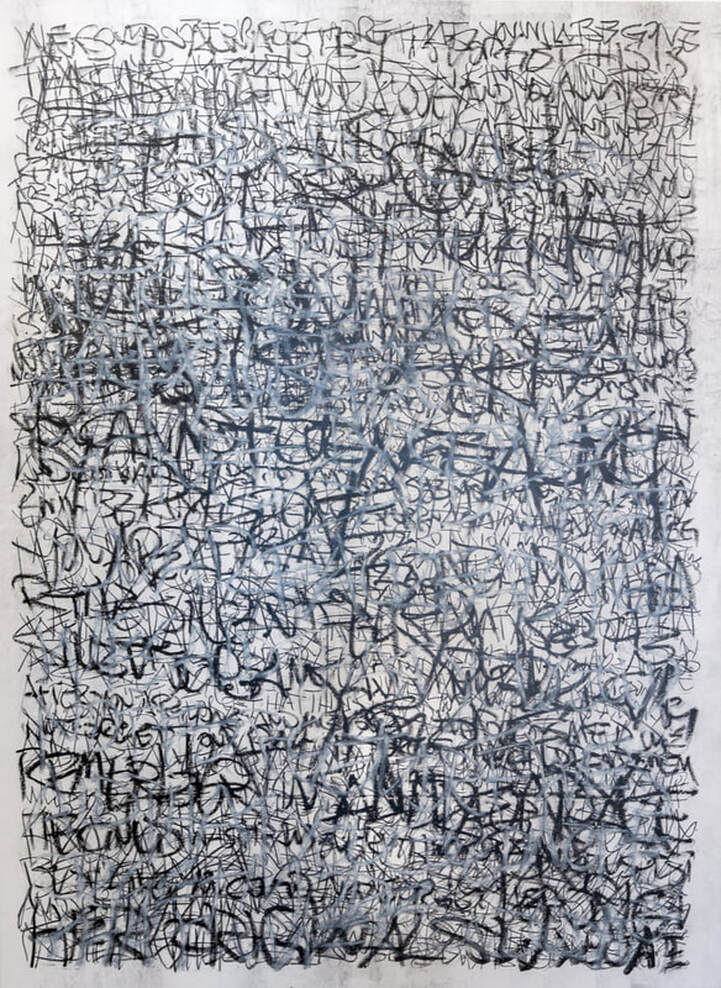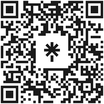Adam Daley Wilson
We Could Have Been Lovers But Then You Were Gone is a story of laws. So detached are we from nature—and its honest objectivity—that when are told a story will be about law, we think it can be only one thing—a story of human law, the laws we make for ourselves. Sometimes, a slight variant, we think the story will be of “natural law”—our concept for laws somehow bequeathed by our self-made Gods that “by nature” give us rights that we have really given to ourselves—and denied to all others.
So detached are we from nature that we can barely remember the true, real, objective laws of nature—the laws that govern reality for every other species in this world. Why do we not remember these laws, and why do we not model them?—For these are the laws that always apply with equality and impartiality; these are the laws impervious to corruption, perjury, and hate. Despite this, it seems we have intentionally decided to forget the purity and virtue of the laws of nature, and what they could teach us about equality and justice; we seem to remember the laws of physics and chemistry only when they further our next earthly desire.
The narrative in this work imagines these true natural laws as honest, earnest, pure—and as abandoned by us, when we left to chase our siren song of subjectivity and our resulting disastrous self-made laws. And as such, this story ends as if you can still hear the true laws of nature, with a glint their eye, reminding us, calling out—together we could have been something, but then you were gone, in love with yourself, in love with your stories, your laws you made up, and live trapped within.
This work is part of the artist’s personal writing system—here, rapidly executed in layers. These works begin with blank canvas on his hallway studio wall, for weeks or even months, as the elements of the text work start to form in his mind. At some point, often on no notice, all hours of the day and night, both the specific text and the form of the work become clear, and the artist rushes to capture—a process resulting in broken oil sticks, blisters on his fingers, sweat even in winter, and sometimes tears—as the work comes out in the artist’s handwriting until he can tell, physically, emotionally, it is over. This work is completely in the artist’s loose handwriting, and is a full, complete, coherent written narrative, albeit one that is partially illegible due to the speed of the artist’s hand.
So detached are we from nature that we can barely remember the true, real, objective laws of nature—the laws that govern reality for every other species in this world. Why do we not remember these laws, and why do we not model them?—For these are the laws that always apply with equality and impartiality; these are the laws impervious to corruption, perjury, and hate. Despite this, it seems we have intentionally decided to forget the purity and virtue of the laws of nature, and what they could teach us about equality and justice; we seem to remember the laws of physics and chemistry only when they further our next earthly desire.
The narrative in this work imagines these true natural laws as honest, earnest, pure—and as abandoned by us, when we left to chase our siren song of subjectivity and our resulting disastrous self-made laws. And as such, this story ends as if you can still hear the true laws of nature, with a glint their eye, reminding us, calling out—together we could have been something, but then you were gone, in love with yourself, in love with your stories, your laws you made up, and live trapped within.
This work is part of the artist’s personal writing system—here, rapidly executed in layers. These works begin with blank canvas on his hallway studio wall, for weeks or even months, as the elements of the text work start to form in his mind. At some point, often on no notice, all hours of the day and night, both the specific text and the form of the work become clear, and the artist rushes to capture—a process resulting in broken oil sticks, blisters on his fingers, sweat even in winter, and sometimes tears—as the work comes out in the artist’s handwriting until he can tell, physically, emotionally, it is over. This work is completely in the artist’s loose handwriting, and is a full, complete, coherent written narrative, albeit one that is partially illegible due to the speed of the artist’s hand.
We Could Have Been Lovers But Then You Were Gone, 2020
oil stick on canvas
84 x 56 in 213.4 x 142.2 cm
oil stick on canvas
84 x 56 in 213.4 x 142.2 cm



